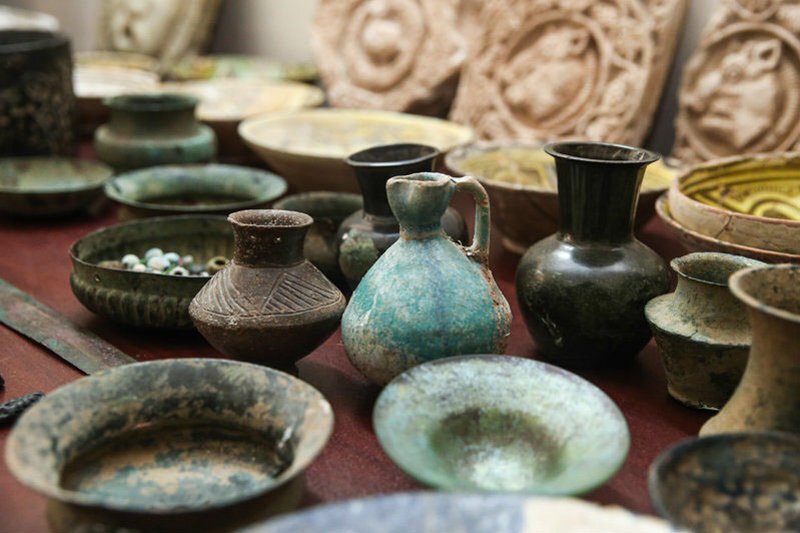Police blocks websites trading historical objects

TEHRAN – Iranian police have blocked 86 websites which were illegally trading historical artifacts, ISNA reported on Thursday.
The cultural and historical heritage should be preserved and passed on to the next generation and all people are needed to cooperate in this regard as a national duty, said Amir Rahmatollahi, a senior police official in charge of protecting cultural heritage.
To identify the websites that illegally sell historical relics, the cyberspace is being monitored 24 hours a day, the official added.
Earlier in June, Facebook banned the sale of historical artifacts, including Iranian carpets, on its platforms in an attempt to prevent priceless items looted or stolen from being sold online.
Published photos of stolen historical artifacts on Facebook and Instagram were one of the reasons which led to the decision.
Several reports confirmed that the looters were using the platform to identify and sell illegally excavated antiquities mostly from the countries in West Asia.
Several exquisite and priceless relics that represent various eras of the country’s rich history, have been unearthed in various excavations in the country’s historical sites, and are mostly being kept in different museums.
Iran is home to one of the world’s oldest continuous major civilizations, embracing settlements dating back to 4000 BC.
The name of Iran, formerly known as Persia, mostly conjures up the first Persian Empire, ruled by the Achaemenids (550 – 330 BC) and sites such as Pasargadae and Persepolis. However, there are tens of prehistorical sites as the Burnt City in Sistan-Baluchestan, Tepe Sialk in Kashan, Susa and Chogha Zanbil in the Khuzestan province and Ecbatana in Hamedan which predate Achaemenid period.
From a wider point of view, Iranian history can be divided into Pre-Islamic and Islamic eras. The Medes unified Iran as a nation and empire in 625 BC. The Islamic conquest of Persia (633–656) that put an end to the mighty Sassanid Empire (224–651) was a turning point in the history of the nation.
ABU/MG
Leave a Comment